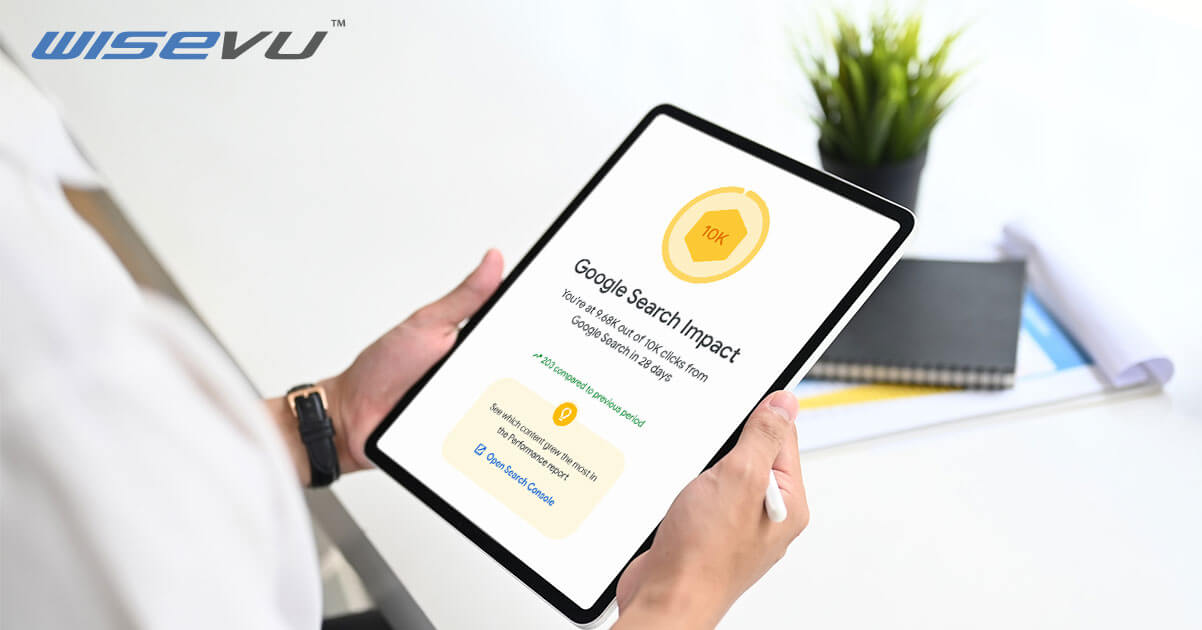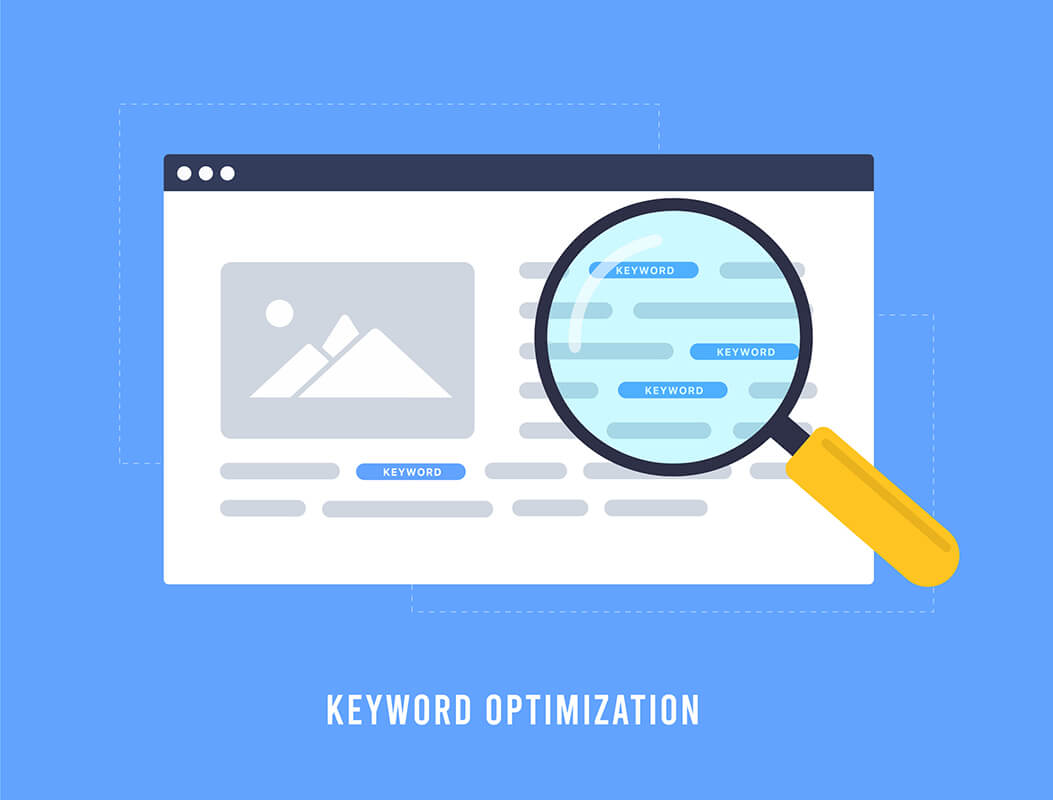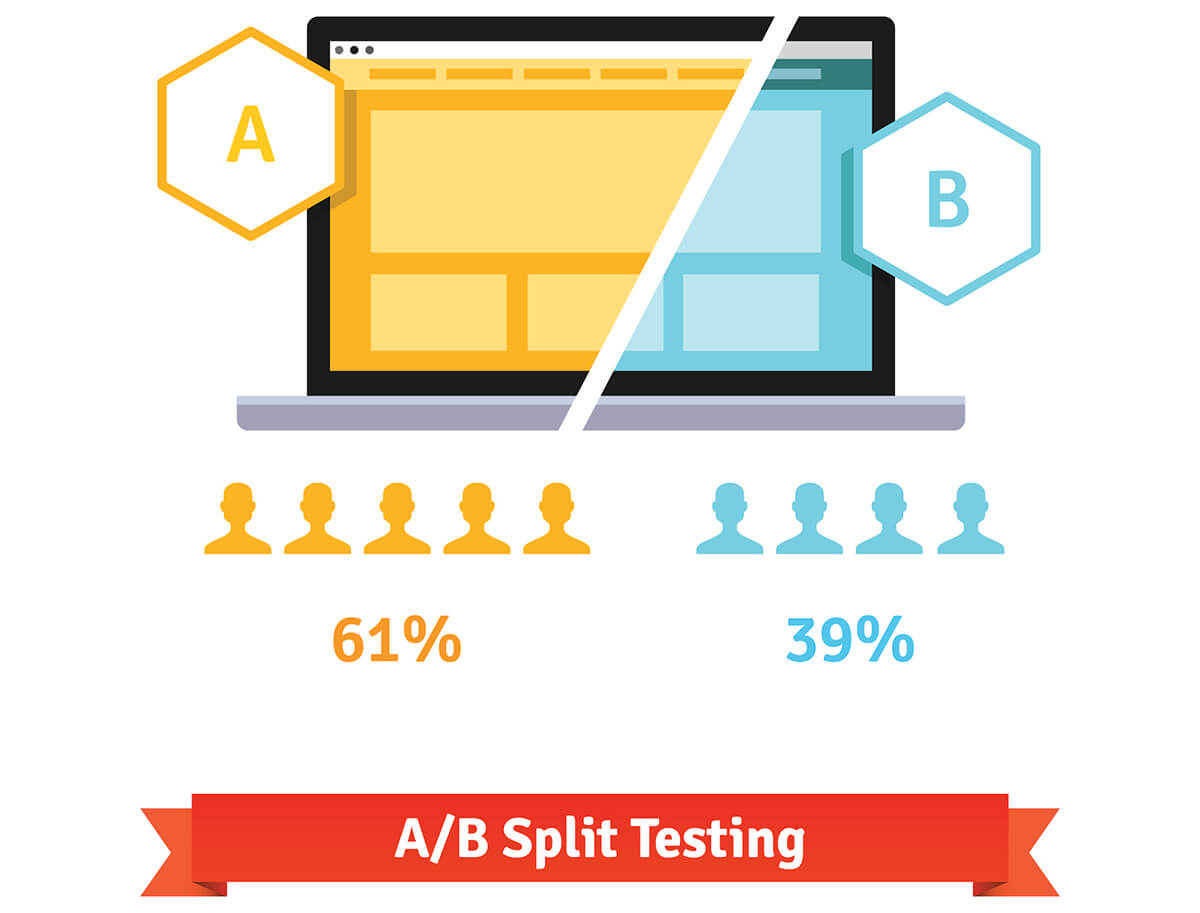Proven Google Ads Strategies & Best Practices for Med Spas & Cosmetic Surgeons
Attracting new patients is crucial for any med spa or cosmetic surgeon. While word-of-mouth recommendations remain valuable, a strong presence on search engines is becoming increasingly vital. That’s where Google Ads comes in, offering a targeted and measurable way to reach potential clients actively seeking aesthetic treatments.

At Wisevu, we’ve harnessed the power of Google Ads to drive significant engagement and conversions for one of our med spa clients. In the first half of 2024, our campaigns achieved a remarkable click-through rate (CTR) of 13.53%. This strong audience interest, coupled with a conversion rate of 3.96%, highlights the effectiveness of our ad strategies in converting potential patients into valuable leads.
However, it’s important to remember that the landscape for advertising medical services is constantly evolving. With regulations becoming more strict, promoting these services on Google can be challenging. This is where developing a solid advertising plan becomes even more critical.
Here are some effective Google Ads strategies to help your medical spa or cosmetic surgery practice maximize your advertising budget, enhance client acquisition, and achieve higher conversion rates.
1. Understand Google Ads Policies

While Google Ads offers a powerful way to reach new patients, navigating its healthcare advertising policies can feel like a maze. Here’s a breakdown of key restrictions to keep your campaigns compliant and effective:
- Prohibited Products/Treatments: It is essential to avoid advertising prescription drugs or unapproved treatments (e.g. Stem cell therapy for anti-aging” or “Experimental cancer cure”). Instead, focus on promoting consultations or procedures that utilize FDA-approved products.
- Before & After Photos: Transparency is crucial. Ensure you have patient consent, use high-quality images, and avoid misleading edits or exaggerated claims.
- Realistic Results: Avoid claiming “guaranteed results in X days.” Instead, emphasize the potential benefits and your professional expertise.
- Restricted Procedures: Certain procedures, including full nudity or experimental treatments, are strictly prohibited. Be aware of and comply with Google’s content guidelines.
It is also essential to know that Google uses AI for basic ad reviews, but complex procedures get a human eye to ensure compliance. This protects both you and potential patients. Additionally, even when your ads get approved, they might have limitations. Factors like user search queries, Safe Search settings, and local laws can affect your ads’ visibility.
Our Recommendations on Staying Compliant

- Review Updates: Regularly check Google’s latest healthcare1 advertising policies and adjust campaigns accordingly.
- Content Scrutiny: Double-check your ad copy, landing pages, and website content to ensure adherence to Google’s guidelines.
- Expert Advice: For complex situations, consider consulting a lawyer or a digital marketing agency specializing in healthcare advertising.
Remember: Compliance is crucial. Violations can lead to account suspension. By focusing on these key points, you can navigate Google Ads with confidence and reach your target audience.
2. Identify Your Target Audience

A deep understanding of your ideal patient is the cornerstone of any successful Google Ads campaign. Here’s how to define your target audience:
- Demographics: Age, gender, income level, location (consider targeting specific neighbourhoods or zip codes).
- Needs & Pain Points: What are the common concerns your practice addresses (e.g., wrinkles, body contouring, acne)?
- Online Behavior: What keywords are they likely searching for (e.g., “CO2 laser near me,” “best lip fillers”)?
- Decision-Making Process: Do they research extensively, or are they more impulsive?
By building a detailed patient persona, you can tailor your campaigns to resonate with their specific needs and search queries.
3. Determine Effective Keywords

Keywords are the phrases people use to search for information online, and keyword research is the foundation for connecting those people with your services. By strategically incorporating relevant keywords into your Google Ads campaigns, you ensure your ads appear when potential patients are actively seeking treatments you specialize in.
Below are the benefits of keyword research:
- Increased Relevance & Click-Through Rates (CTR): Imagine someone searching for “Lip fillers in [Your City].” If your ad campaign includes that keyword, your ad is more likely to be clicked than a generic ad about “lip enhancement” or “lip injection.”
- Targeted Traffic & Qualified Leads: Effective keyword research lets you target users who are actively looking for specific procedures. This means you’re attracting potential patients already interested in your offer, increasing the likelihood of consultations or bookings.
- Improved Campaign Performance & ROI: By focusing on relevant keywords, you’re not wasting your budget on clicks from people who aren’t interested in your services. This targeted approach leads to a more efficient use of your advertising budget and a higher return on investment (ROI).
4. Craft Persuasive Ad Copy

While keyword research forms the foundation of your strategy, compelling ad copy is the very bridge that connects you to new patients. Ad copy refers to the words and messages used in your advertisements. It’s what potential patients read (or hear) that persuades them to choose your services. Here’s a guide on how your ad copy should be written:
- Attention-grabbing: Your headlines must be distinctive. Use strong verbs, highlight unique selling points, or pose relevant questions to engage potential patients. For example, “Dreaming of Fuller Lips? Our Liper Filler Treatment is the Answer!”
- Speaks the Patient’s Language: Your copy should avoid medical jargon. Focus on patients’ concerns and use the same language they employ in their searches.
- Benefit-focused: You must write about your treatments’ positive outcomes rather than just the procedures. For example, “Achieve a Beautiful, Natural Look with Lip Fillers.”
- Includes a Clear Call to Action: Your copy should guide patients on what to do next, with a sense of urgency to prompt immediate action. For example, “Schedule Your Consultation Today! Limited Spots Available.”
By incorporating these elements, your ad copy will effectively convert clicks into consultations, ultimately leading to satisfied patients for your practice.
5. Optimize Your Landing Pages

Your landing page is where interested individuals are redirected when they click your ads, so it’s crucial that this page has the following characteristics:
Mobile-Friendliness: A significant portion of web traffic comes from mobile users. Also, Google prioritizes mobile-friendly pages in search results.2
Clear Value Proposition: Your page must quickly convey what sets your services apart and how they benefit visitors to reassure them that you can meet their needs.
High-Quality Images: Use high-quality images to help visitors visualize the quality of results they can expect.
Compelling CTAs: Include strong calls to action to guide visitors toward booking consultations or requesting information. Clear CTAs prevent visitors from leaving without taking action.An expert digital marketing company for medical practices can help you strategize and achieve these qualifications for your landing page/s.
6. Tap Into Optimization and Analytics

Continuous optimization and detailed analytics are crucial to ensure the effectiveness of your Google Ads campaigns. Here’s why:
- Ongoing Optimization: Regularly reviewing and adjusting your ad campaigns helps improve performance. This involves A/B testing different ad copies, targeting options, and bid strategies to identify what works best.
- Data-Driven Decisions: Utilize analytics to gain insights into campaign performance. Key metrics like click-through rates (CTR), conversion rates, and cost per acquisition (CPA) provide valuable information on what’s driving results and where improvements are needed.
Incorporating these practices will help your med spa or cosmetic surgery practice not only attract new patients but also optimize your marketing efforts for long-term success.
7. Partner with Google Ads Experts
Navigating the complexities of Google Ads can be challenging, especially for med spas and cosmetic surgeons focused on delivering exceptional patient care. That’s where Wisevu comes in. Our expertise in digital marketing, combined with a deep understanding of the medical aesthetics industry, makes us the perfect partner to help you maximize your Google Ads campaigns.

We specialize in crafting tailored strategies that resonate with your target audience. We ensure high-converting keywords, compelling ad copy, and optimized landing pages that deliver impressive ROI.
Contact us today to schedule a consultation and discover how we can help you turn clicks into clients and grow your practice!
References
- Healthcare and Medicines – Advertising Policies Help. support.google.com/adspolicy/answer/176031?hl=en.
- “Mobile-indexing-vLast-final-final.doc | Google Search Central Blog | Google for Developers.” Google for Developers, developers.google.com/static/search/blog/2024/06/mobile-indexing-vlast-final-final.doc.
